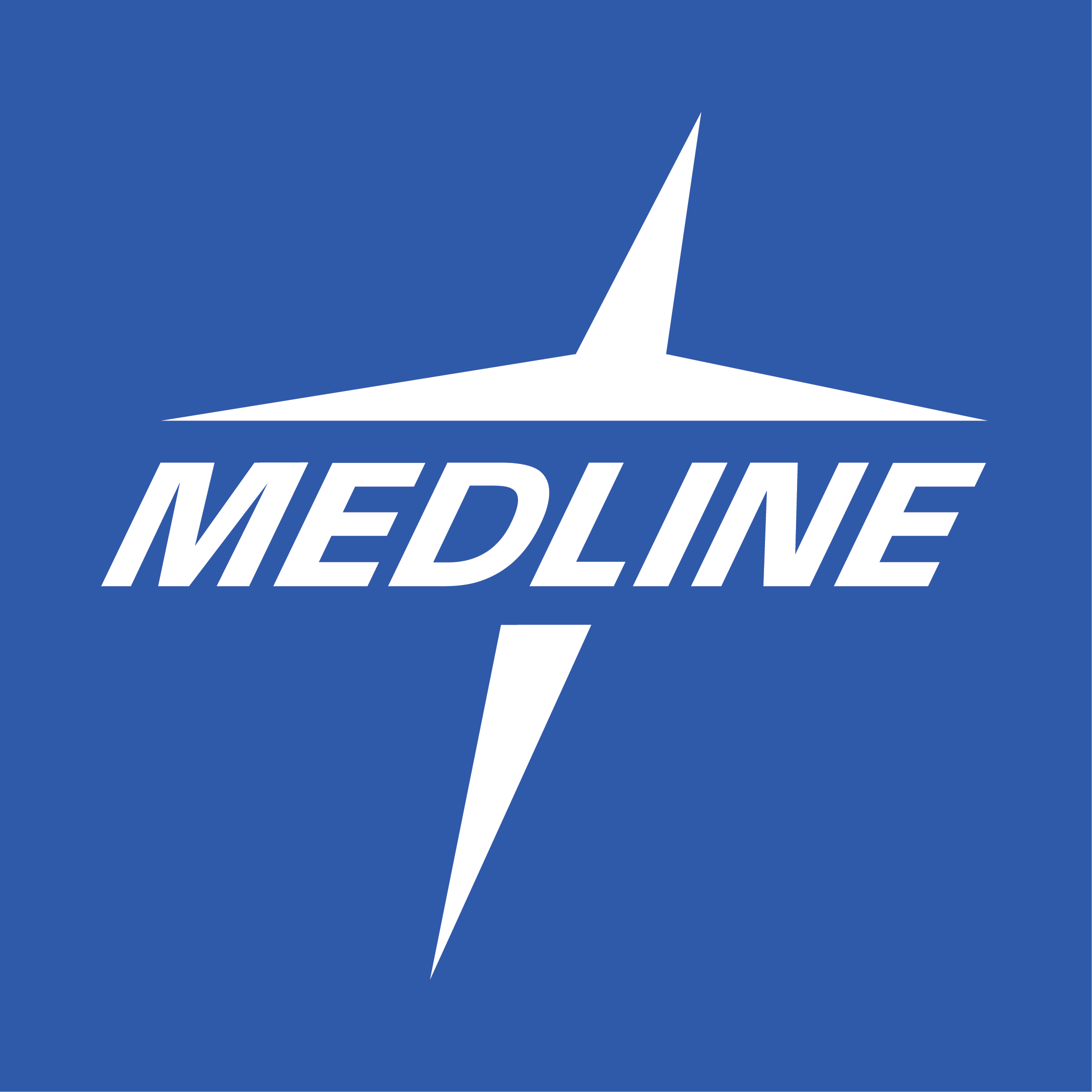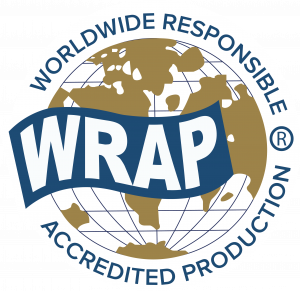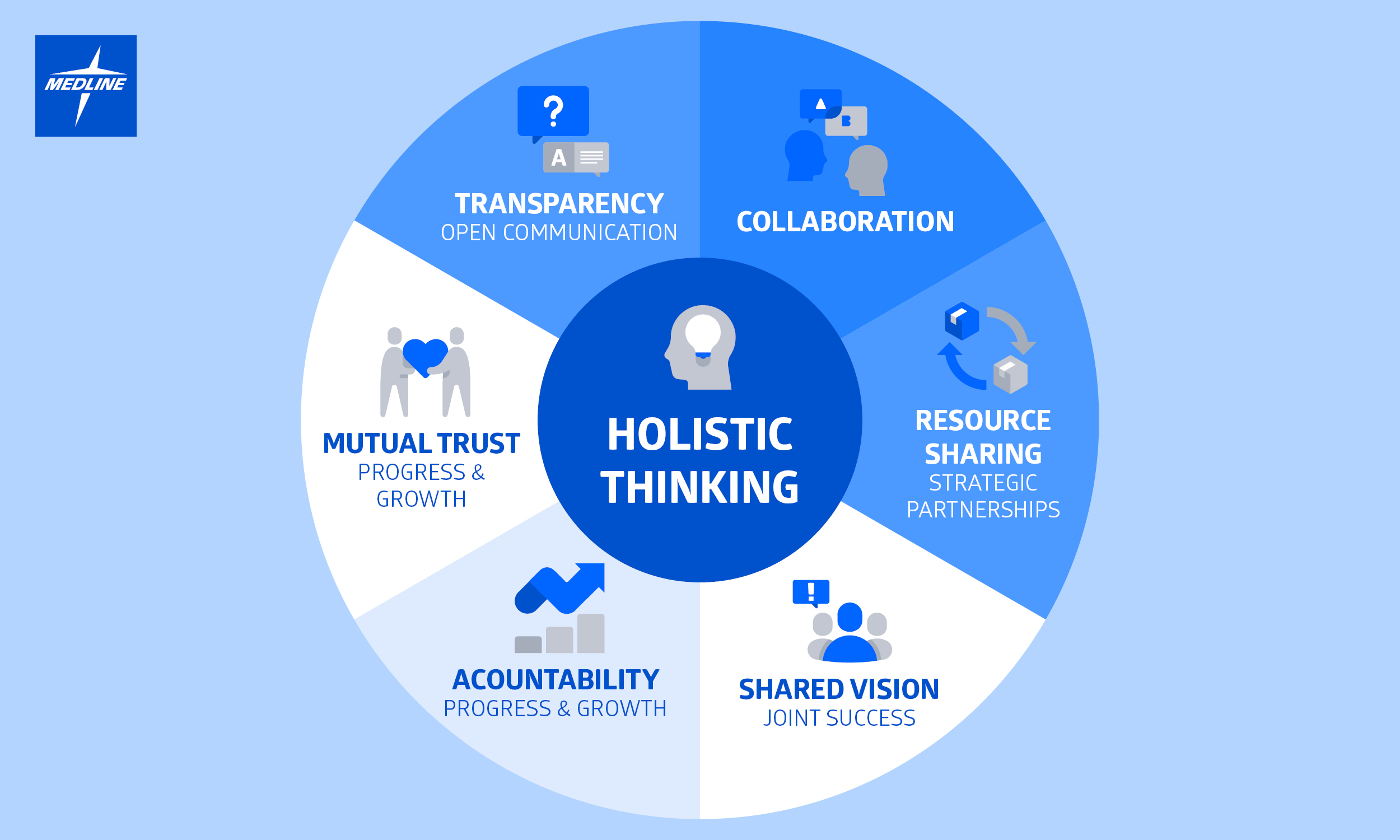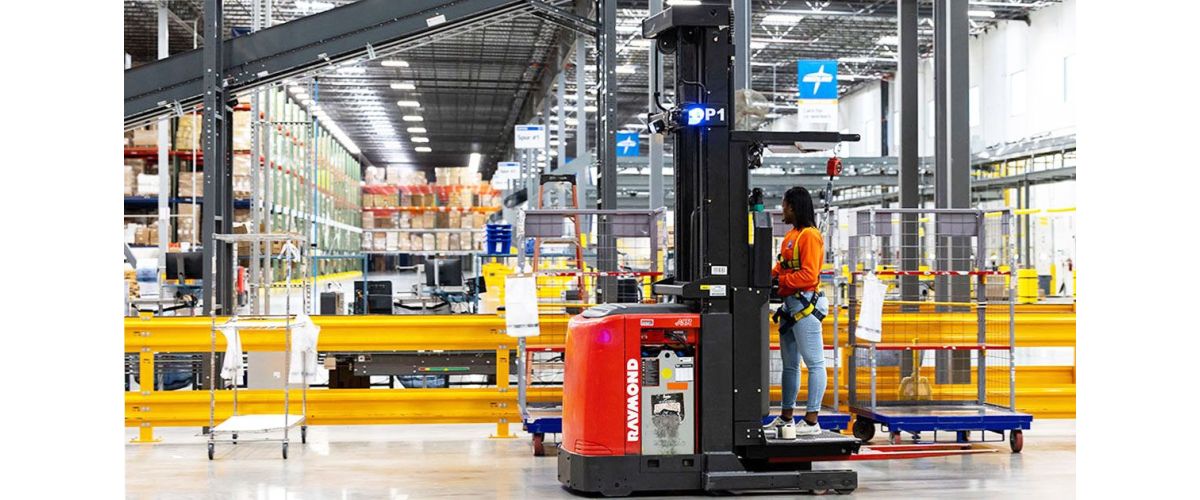For this discussion, we spoke with Avedis Seferian, Esq., President & CEO of Worldwide Responsible Accredited Production (WRAP), Oliver Watts, Sustainability Director, EMEA, and Francois Audrain, Vice President Supply Chain & Business Transformation at Medline International, on what a resilient and responsible supply chain looks like and the value having one brings.




Setting the stage
COVID-19 may seem an unusual place to begin, but it offers a powerful lens for examining resilient and responsible supply chains.
Though the pandemic peaked more than five years ago, its impact remains unforgettable, especially in industries like medical devices. It exposed the fragility of global supply chains. As Seferian explained: ‘When we say supply chain, we really mean a long series of interconnections and relationships that have to all work well. The silver lining on the very dark cloud that was the pandemic was, in some ways, the recognition of the adage that a chain is only as strong as its weakest link.'
The companies that navigated the crisis most successfully were those that prioritized relationships over short-term gains, embracing the mindset: ‘I need you and you need me in order for us collectively to succeed.' In contrast, 'companies that cancelled orders and then caused the factories to end up having to go under,' as Seferian noted, were left without suppliers when demand rebounded, undermining their own recovery and long-term prospects.
Redefining resilience: From protection to partnership
Medline, as a seasoned manufacturer and distributor of crucial consumables, has long understood the value of close partnerships and navigating crises in a way that does not neglect those. Throughout the pandemic, Medline ‘took all possible actions to meet the needs of customers.’ With sudden exponential demand for key consumables like facemasks, isolation gowns, gloves, headwear and footwear increasing then at a rapid pace, Medline’s priority was to collaborate with suppliers as fast as possible and expand its production capacity to enable the most impactful response.’
As Audrain explained, ‘True resilience isn't just about protecting a company's immediate bottom line, but it is to ensure regular customers are served in priority and continuously (maintaining fair share allocations when needed) versus other opportunistic customers. This was the main achievement by all Medline Europe, Middle East & Africa (EMEA) supply chain teams during COVID-19. Resilience is taking steps to ensure longer-term, holistic thinking that recognises the impact of certain behaviours on suppliers’ behaviours and vice versa.’ Accountability in inherent, opening the door to more responsible practices. This shift requires a move away from transactional relationships and toward genuine partnerships and value creation. Building a resilient supply chain means:
-
Holistic thinking – Understanding that the success of one part of the chain is intrinsically linked to the success of all other parts.
-
Collaboration – Working together with suppliers, manufacturers, and customers to solve problems and share resources when needed
-
Transparency – Fostering open communication to build trust and ensure all parties have a clear understanding of the challenges and opportunities.
While these principles are ‘very easy to say, they are much harder to actually do,’ Seferian outlined. Nonetheless, they form the core of a resilient supply chain, especially transparency. Let’s have a closer look.


The role of transparency
Transparency is one of bedrocks of (business-to-business) trust. In the past, companies often had limited visibility beyond their first-tier suppliers. First-tier (or Tier 1) suppliers are those companies that provide goods, services, and components directly to the final manufacturer or original equipment manufacturer (OEM). The pandemic showed why this is a dangerous practice. A supply chain’s weakest link could be a small component manufacturer several tiers deep. Increasing transparency, therefore, means mapping the entire supply chain—from raw materials to the final consumer. This visibility allows for proactive risk management and enables all parties to respond more effectively to disruptions. Sharing information about inventory levels, production schedules, and potential bottlenecks helps to prevent a domino effect of shortages.
Still, transparency doesn’t happen in a vacuum. This understanding is integral to how Medline operates.
Medline operates a vast global supply chain, and with that scale comes a deep responsibility to uphold ethical and sustainable practices. The company has, therefore, developed a comprehensive approach that combines clear standards, active oversight, and continuous improvement, ensuring that its sourcing practices reflect both its values and international expectations.
To ensure accountability, ‘Medline conducts regular audits and assessments, both internally and through third-party monitors,’ Watts noted. This means that suppliers must provide documentation, participate in inspections, and implement corrective actions where needed. The company also encourages suppliers to pursue independent certifications, such as WRAP and SA8000.
‘Accountability brings about transparency and the reverse,’ Watts stated, acknowledging a kind of cause-and-effect relationship. ‘When an organisation knows it will be held accountable, it has a strong incentive to be transparent.’ This is because transparency provides the evidence and information needed for effective accountability. For example, Medline knows its supply chain and the guidelines and processes that are required for lawful and human operations will be audited and scrutinised by a third-party independent organisation such as WRAP. ‘Without transparency, accountability becomes very difficult, as there is no way to see what is happening behind the scenes. Similarly, transparency without accountability can be meaningless’, Watts continued. If an organisation is open about its mistakes but faces no consequences, there’s little to no incentive to change.
Prioritising this accountability-transparency module in its organisation, Medline views ethical sourcing as a journey. Through its Ethical Sourcing Programme, the company supports suppliers in raising their standards over time, offering guidance, training, and open dialogue. ‘This collaborative approach helps build long-term partnerships that reflect shared values and contribute to a more open, sustainable and equitable healthcare system,’ Watts closed.
While this understanding may have been onboarded in some quarters of the industry, it has certainly been made mainstream by the imposing nature of a healthcare crisis that threatened everything that was considered ‘normal’. Effectively, as Seferian opined, ‘It does sometimes take a negative impetus to bring about some positive change.’ The pandemic underscored a critical need for a paradigm shift from efficiency-focused supply chains to more robust and resilient systems. The transformation needed would not just be about logistics. It must be about building a foundation of trust, transparency, and collective action.
Pandemic conditions (re COVID-19) may be behind us, but the new norm in supply chain management is still taking shape.
BACKGROUND
About WRAP
WRAP is a non-profit organisation dedicated to promoting safe, lawful, humane, and ethical manufacturing. Its 12 principles cover areas like the prohibition of forced and child labour, health and safety standards, fair compensation and working hours, freedom of association, environmental responsibility, as well as customs compliance and security.
About Medline
Medline is the largest provider of medical-surgical products and supply chain solutions serving all points of care. Through its broad product portfolio, resilient supply chain and leading clinical solutions, Medline helps healthcare providers improve their clinical, financial and operational outcomes. Headquartered in Northfield, Illinois, the company employs more than 43,000 people worldwide and operates in more than 100 countries and territories. To learn more about how Medline helps improve healthcare delivery and outcomes, visit www.medline.eu.
A Medline-WRAP partnership originated in 2016 and has grown over the years.

